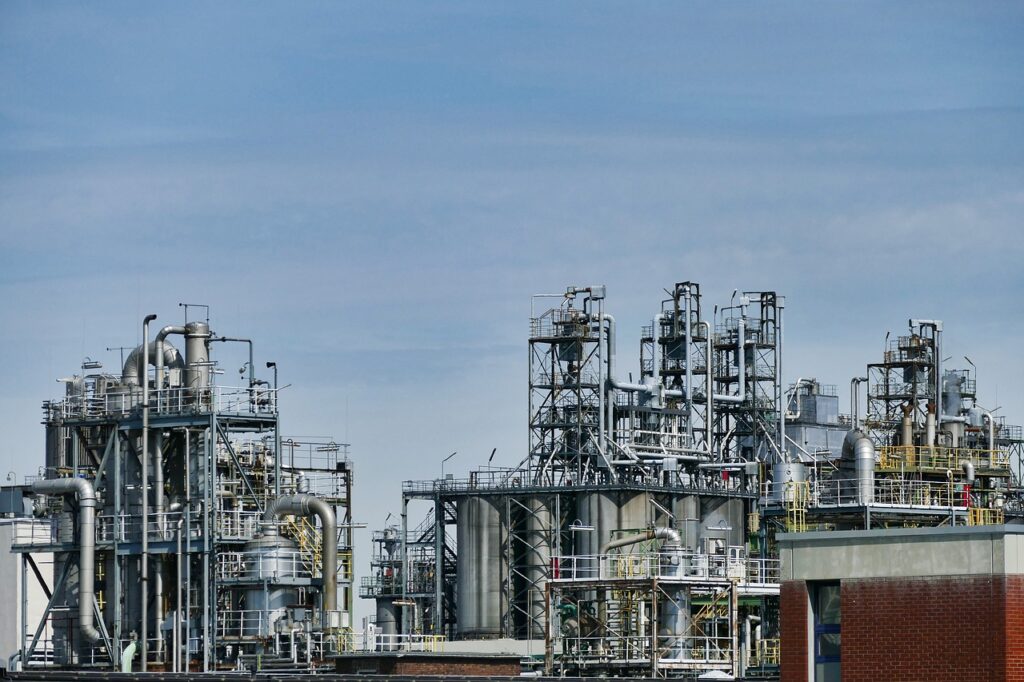Cheap and abundant energy is a primary cornerstone of success for US
manufacturing, and it’s being threatened. A recent Forbes
article notes “ natural gas and power shortages [in Europe] are
colliding with the onset of winter to drive energy prices to record
highs”. Is this what’s in store for the US? If so, it’s not a
good sign for us in manufacturing, let along the general population.
According to some reports, August consumer prices rose at a relatively slow
rate. But just what’s NOT included in these price data? Evidently
food and energy are among the things not counted. Has anyone
experienced a slowdown in the price rises for these things? If so,
please advise at once! Our government owes us a more accurate
accounting of overall pricing.
The Biden administration made a big deal about shutting down the XL
pipeline, and also for actions re fossil fuel leases on public lands.
Here are some details on this from the 8/17/21 article in E&E
News‘s “Greenwire”:
“The Interior Department raised anxieties on all sides last night when it
announced plans to resume oil and gas leasing on public lands while
it appeals a court ruling that banned the Biden administration’s
earlier leasing moratorium. But Biden officials
offered few details on where, or when, new leasing might occur —
typically muted messaging for the administration on the fraught
battle over the future of the federal oil program. That reticence has
left lingering questions from oil allies, conservation groups and
politicians interested in Biden’s management of the country’s
stores of crude oil and natural gas. The White House froze new oil
and gas lease sales shortly after President Biden took office. That
order was part of a larger plan to do a comprehensive review of the
federal oil program in light of its contribution to climate change,
potentially raising royalty rates to offset climate costs”.
And then this administration appeals to OPEC for increased supplies?
What’s going on here? Just consider this from an 8/11 Reuters
report: “ U.S. President Joe Biden’s administration on Wednesday urged OPEC and its allies to
boost oil output to tackle rising gasoline prices that they see as a
threat to the global economic recovery. The request reflects the
White House’s willingness to engage major world oil producers for
more supply to help industry and consumers, even as it seeks the
mantle of global leadership in the fight against climate change and
discourages drilling at home”.
How does shifting production of fossil fuels from the US to other
countries affect climate change? I think we all know CO2 does not
honor any political boundaries! Are foreign producers any better at
CO2 control than US sources? And even if so, is the difference
enough to even be measured? Just because some other country produces
fossil fuels, and the US reduces production, world CO2 remains the
same. What’s gained here?
So while taking action to curtail US fossil fuels, the effects on those
actions does not appear in consumer prices. When you hear federal
officials use the word “accountability”, you might keep this in
mind. For as we all know, energy costs affect vast sections of the
economy, transportation in particular. All the stuff we need
transported from place A to place B and beyond is destined to cost
more, and THAT will drive the price of almost everything up.
Couple this with covid pandemic-related supply chain bottlenecks and the
shortage of labor it looks like we manufacturers have our work cut
out for us. Troubled waters indeed!
Read the original article “Rising energy prices pose a significant inflationary threat to the US economy.” at https://www.forbes.com/sites/daneberhart/2021/09/21/rising-energy-poses-big-inflationary-threat-to-us-economy/


